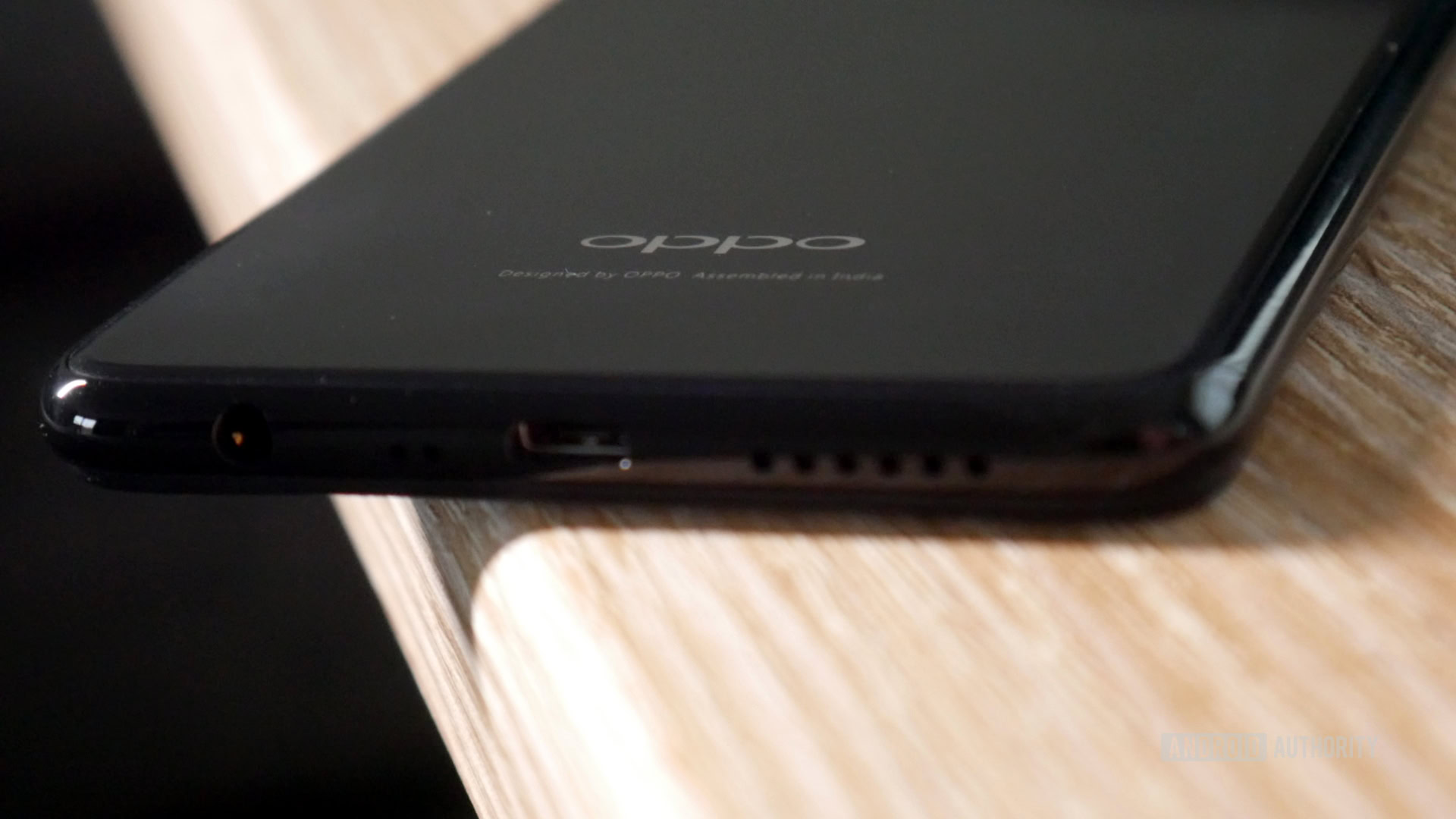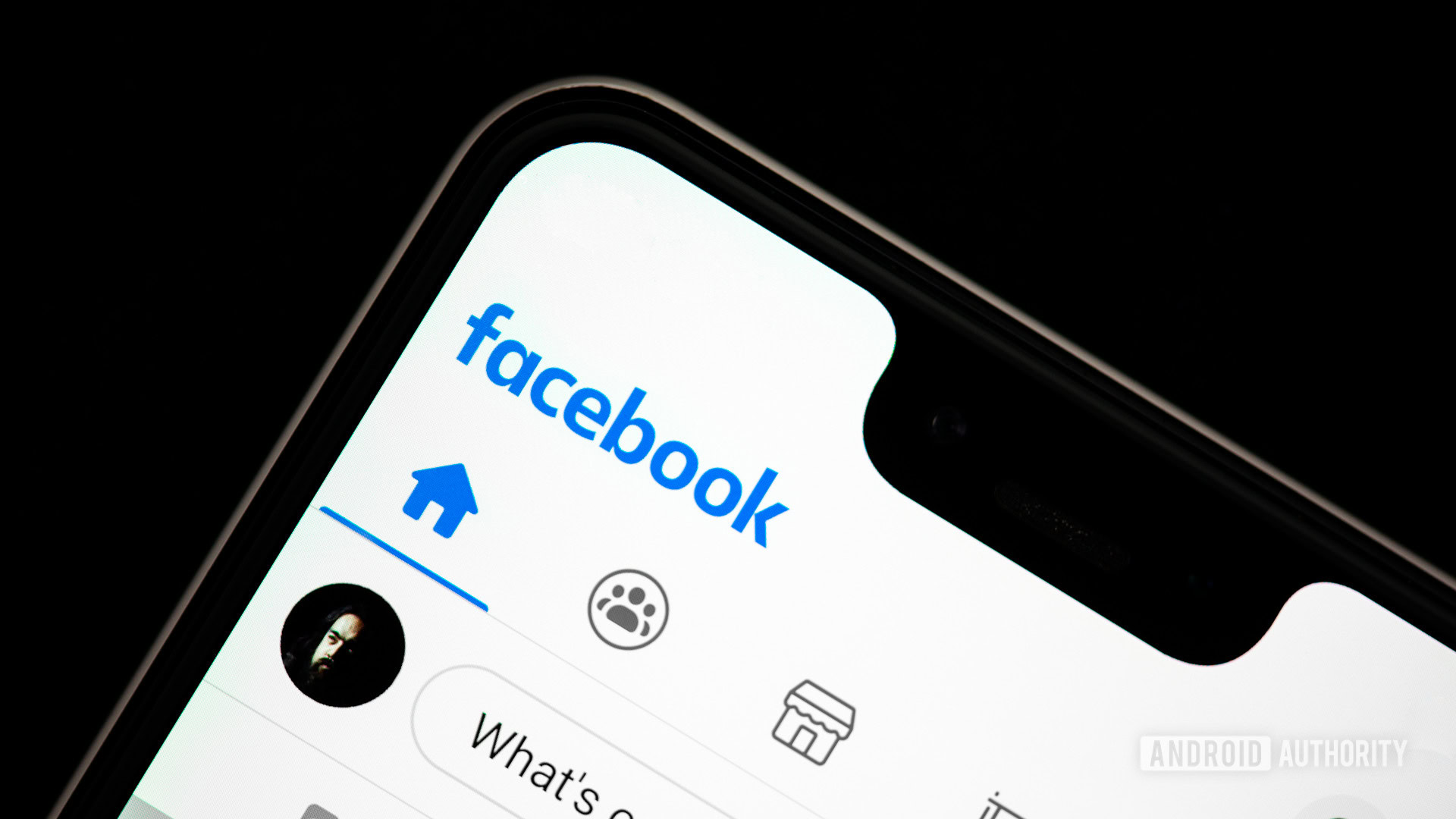Affiliate links on Android Authority may earn us a commission. Learn more.
Report: Your phone probably isn’t listening to your voice, but it’s likely recording your screen

- A research team conducted a controlled experiment to prove if “phone listening” is actually a thing.
- The experiment showed that your phone is likely not listening to you, but it could be recording your screen and sending that data to remote servers.
- The methodology for the experiment is a bit flawed, so it still could be possible “phone listening” is happening.
A new study conducted by academics at Northeastern University in Massachusetts attempted to answer one of the biggest conspiracy theory questions of our time: are our smartphones listening to our conversations?
The paper’s conclusion is a soft “No” for now, as it didn’t find any hard evidence to support that claim. However, its methodology could have been a lot better (more on that in a minute).
What the research team did find is actually a little more alarming, which is that Android apps can record screenshot photos and screencap videos of your display and then send that data to remote servers. According to the paper associated with the study, users don’t even have to give permission for apps to do this.
This practice creates some serious privacy concerns for smartphone users, as captured images of a device’s display could leak sensitive information including addresses, passwords, or even social security numbers.

One of the offending apps described in the paper is GoPuff, which helps connect people with the delivery of their junk food cravings. Allegedly, GoPuff would record screen data of smartphones and then transmit that data to another company called Appsee, which is a mobile analytics company.
In one example, an image contained a user’s zip code, which isn’t exactly the most damaging data one could expose. However, the screen could have had anything on it at the time that could feasibly be much more sensitive.
Appsee claimed no wrongdoing in the matter and pointed its finger at GoPuff for violating both Appsee’s TOS as well as the TOS of the Google Play Store. GoPuff, in response, updated its policies and pulled the Appsee SDK from its Android and iOS apps.

The researchers were able to discover privacy violations like these using a unique setup of ten Android phones running over 17,000 apps. A computer program would manipulate apps randomly as a close approximation of human interaction, and then researchers would analyze what happened.
“We didn’t see any evidence that people’s conversations are being recorded secretly,” said David Choffnes, one of the authors of the paper.

However, the research team comes to this conclusion by analyzing data streams, not actually duplicating human interaction. For example, the devices were kept in a closet away from human voices, which kind of defeats the initial intention of the study. One would think that a study like this would require controlled environments with people talking about specific things around their phones and then monitoring the results, kind of like what Vice recently performed, but on a larger scale.
Regardless, the Northeastern University team’s results are both interesting and terrifying and illuminates once again just how monitored we all are when it comes to our connected technology.
NEXT: Google makes privacy policy easier to understand, adds new data controls